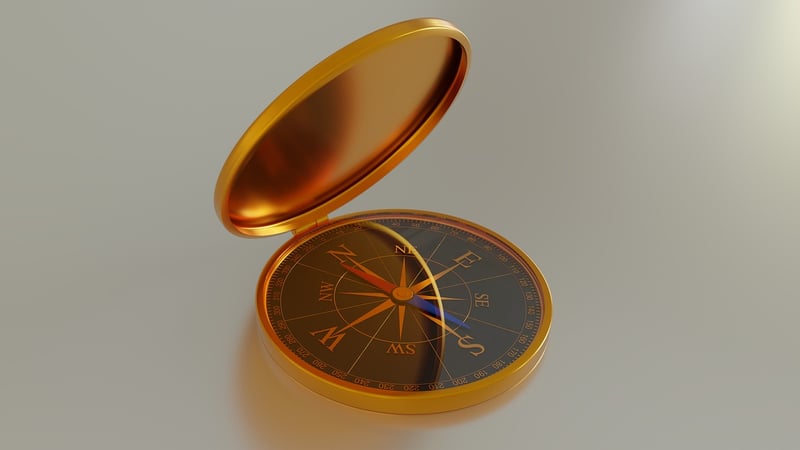Historical Navigators
Exploring the World: A Historical Perspective on Navigators
Throughout history, navigators have played a crucial role in shaping the world as we know it today. These skilled individuals have ventured into uncharted waters, charted new territories, and connected distant lands. Let's delve into the fascinating world of historical navigators and their remarkable achievements.
The Age of Exploration
The Age of Exploration, spanning from the 15th to the 17th century, was a period of significant global exploration and discovery. Navigators from various countries set sail to seek new trade routes, resources, and territories. One of the most renowned navigators of this era was Christopher Columbus. In 1492, Columbus embarked on a journey that led to the European discovery of the Americas.
Exploring New Horizons
Fast forward to the 18th and 19th centuries, explorers like James Cook and Ferdinand Magellan undertook daring voyages that expanded the known world. Cook's voyages to the Pacific Ocean and Magellan's expedition around the globe are testaments to their navigational skills and determination.
Modern Navigation
In the modern era, advancements in technology have transformed navigation. From GPS systems to satellite imagery, navigating the seas and skies has become more precise and efficient. However, the spirit of exploration and the legacy of historical navigators continue to inspire adventurers to push the boundaries of human discovery.
Conclusion
Historical navigators have left an indelible mark on our world, opening up new frontiers and connecting civilizations. Their courage, ingenuity, and thirst for exploration have paved the way for future generations of adventurers. As we look back on their incredible journeys, we are reminded of the endless possibilities that await those who dare to chart uncharted waters.


